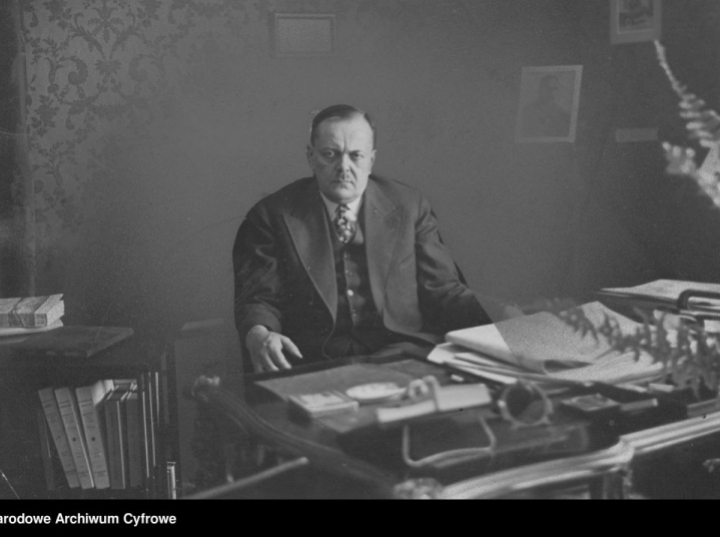The Piłsudski Institute in New York on Thursday commemorates the 83rd anniversary of the outbreak of World War II which is celebrated on that day. The institute stressed that its documents made it possible to learn about Polish foreign policy during that period and to look at global conflicts from the perspective of Polish diplomacy.
“The Institute’s archive contains the collections of the Polish ambassador, which contains documents presenting the activities of the Polish government prior to 1939: the collections of Józef Lipski operating in Berlin, Juliusz ukasiewicz in Paris and Michał Sokolnicki in Turkey. By reading these documents, you can get acquainted with Polish foreign policy from that period and see the origins of World War II from the perspective of Polish diplomacy “- read the statement sent on Friday to the PAP.
“The archive contains confidential correspondence of the Embassy of the Republic of Poland in Berlin with the Ministry of Foreign Affairs in 1931-1939, 16 notebooks of the Ambassador kept in 1932-1938, copies of documents about Hitler’s rise to power. A number of these documents relate to the Nuremberg trials. Given the later history, Ambassador Lipski’s confidential report to the (then) Minister of (Polish foreign affairs Józef) Beck is very interesting,” judged the Piłsudski Institute.
The Polish community center informs that this year it has launched a project to digitize the Lipski collection so that researchers and history buffs around the world can become acquainted with these important documents for Polish history.
The Institute notes that Lipski lived in the post in Berlin from 1934-1939. The archive consists of 77 document folders written in four languages: Polish, German, French and English.
“The archive contains confidential correspondence of the Embassy of the Republic of Poland in Berlin with the Ministry of Foreign Affairs in 1931-1939, 16 notebooks of the Ambassador kept in 1932-1938, copies of documents about Hitler’s rise to power. A number of these documents relate to the Nuremberg trials. Given the later history, Ambassador Lipski’s confidential report to the (then) Minister of (Polish foreign affairs Józef) Beck is very interesting,” judged the Piłsudski Institute.
From New York, Andrzej Dobrowolski (PAP)
ad / akl /

“Reader. Future teen idol. Falls down a lot. Amateur communicator. Incurable student.”


![Bogusław Wołoszański: “Achieving nuclear weapons would be the beginning of World War III” [WYWIAD]](https://storage.googleapis.com/bieszczady/rzeszow24/articles/image/877236c0-66fd-457a-9eb4-41792f9077ff)




